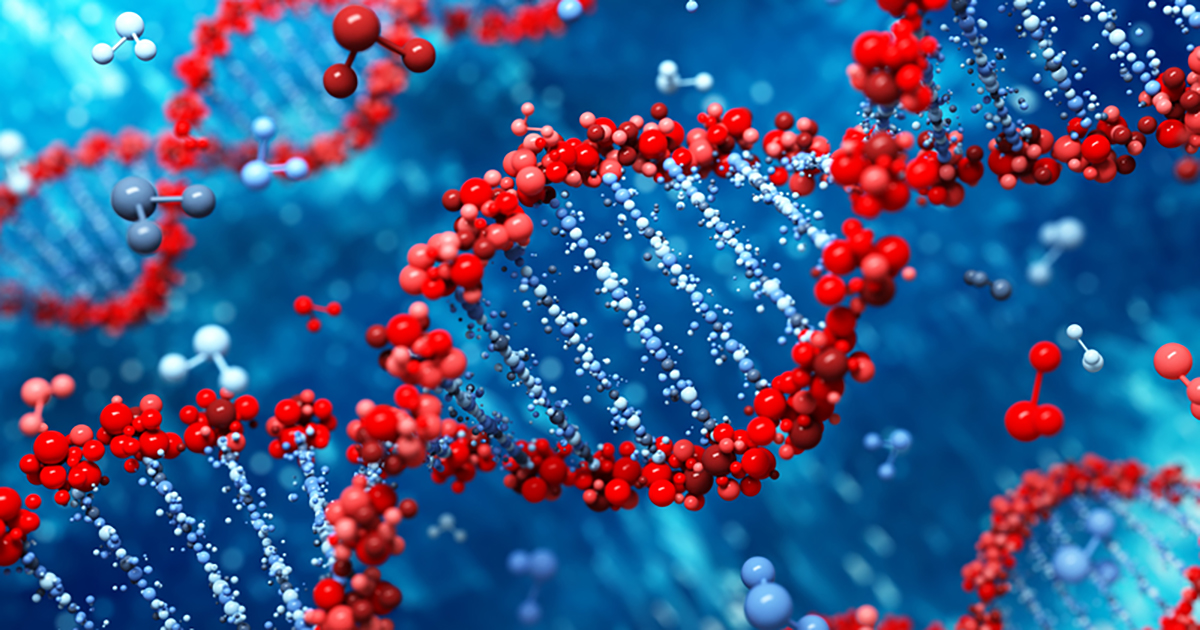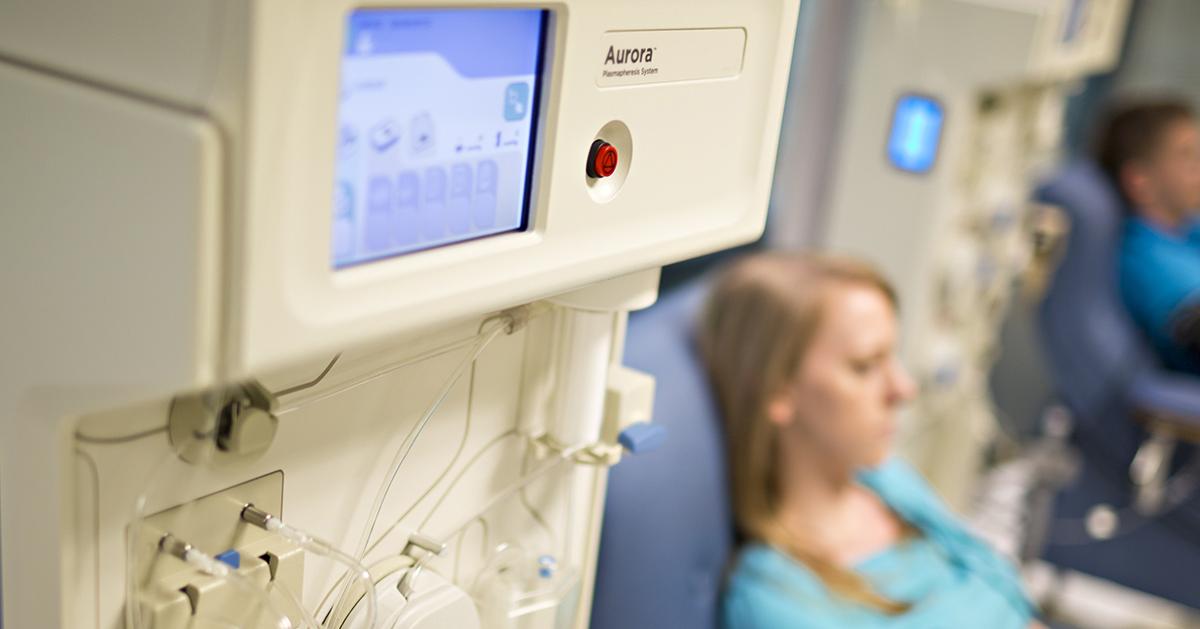Guide To The Causes And Treatments For Isaac's Syndrome
Isaacs' syndrome is a rarely-occurring neuromuscular disorder caused by continual firing and overexcitability of the peripheral nerve axons necessary to activate muscle fibers. The symptoms continue even when an individual is asleep or under general anesthesia. Typical symptoms include progressive muscle stiffness, twitching and contracting muscles, an increase in sweating, cramping, and delayed relaxation in the muscles. It's also common for individuals to experience muscle pain and weakened reflexes. The typical onset occurs between the ages of fifteen and sixty years old, though most cases develop symptoms before the patient is forty years old. There isn't a cure for the disorder, but there are treatments to help ease the symptoms, particularly when causes are considered.
Autoimmune-Related

When Isaacs' syndrome is acquired rather than hereditary, the condition is usually autoimmune-related. In autoimmune cases, the cause is usually antibodies that attack the potassium channels found in the motor nerve. There are a number of neurological conditions caused by antibodies attacking potassium channels; Isaacs' syndrome is just one of them. Studies have shown about twenty percent of individuals with acquired Isaacs' syndrome also have a tumor in their thymus gland. This tumor, called a thymoma, can interfere with autoimmune functions. An individual's thymus gland creates a variety of specialized cells that play a part in autoimmune issues. Some patients acquire the disease after they have radiation therapy or recover from an infection. In some cases, the condition occurs in conjunction with another autoimmune disease like myasthenia gravis, which leads to weakness in the skeletal muscles.
Learn more about the causes of Isaac's syndrome now.
Hereditary Connection

There is a hereditary connection with some presentations of Isaacs' syndrome. In these cases, rather than being acquired at some point in life, the condition is caused by genetics. Genes are passed from parent to child. If a patient has a family history of Isaacs' syndrome, they have a larger chance of developing the disease. Hereditary Isaacs' syndrome is significantly rarer than the acquired form of the disease. When families have shown a history of Isaacs' syndrome, there tends to be a mutation of the KCNA1 gene. However, there hasn't been conclusive research proving which genes are affected, thus it's possible additional genes play a part in the development of Isaacs' syndrome. The KCNA1 gene is part of a larger gene family that instructs the body on how to make potassium channels. The channels transport potassium out of and into the cells, helping a cell transmit and generate electrical signals. With acquired Isaacs' syndrome, the immune system attacks and destroys potassium channels. However, in hereditary Isaacs' syndrome, it's possible the KCNA1 gene's mutation causes the body to make an inadequate number of potassium channels.
Get familiar with the options for treating Isaac's syndrome now.
Intravenous Immunoglobulin Therapy

Intravenous immunoglobulin therapy, otherwise known as IVIg, is a therapy that helps patients with weak immune systems or other illnesses fight infections. The therapy has been used to treat neurological issues like myasthenia gravis, and it has also been used for chronic inflammatory illnesses. IVIg might be used in lieu of corticosteroids, immunosuppressants, or other drugs. Some patients may have intravenous immunoglobulin therapy along with other medications. The immune system typically makes adequate antibodies to fight infection-causing germs. However, when patients have a deficient immune system, the body doesn't make enough antibodies. Isaacs' syndrome patients may need to suppress their immune systems to reduce their symptoms, so they might need IVIg treatment to replace the lost immune function. The treatment has also been shown to raise the red blood cell count in autoimmune patients. Intravenous immunoglobulin therapy stops white blood cells from destroying red blood cells in lupus patients. There may be similar effects on autoimmune-related Isaacs' syndrome, but there hasn't been enough research to be conclusive. In addition, some patients have had increased symptoms with IVIg therapy.
Keep reading to learn more about how to treat Isaac's syndrome now.
Plasma Exchange

Plasma exchange therapy is commonly used in the treatment of autoimmune disorders. One study of a forty-one-year-old patient with Isaacs' syndrome showed a plasma exchange procedure caused the symptoms nearly to disappear. The effects continued for about two to three weeks. The researchers also observed that during this period, the potential for continuous muscle action was much lower. After a few months, the symptoms came back in full, and the patient underwent another plasma exchange treatment, which lessened symptoms again. Therapeutic plasma exchange removes a patient's plasma, where antibodies are found, and replaces it. In patients with autoimmune-related Isaacs' syndrome, the immune system creates antibodies that attack the body's potassium channels. Removing the plasma also removes harmful antibodies. After the plasma is separated from the blood, artificial plasma is added to the red and white blood cells. Since it lacks the harmful antibodies, the inflammatory symptoms subside. Though plasma exchange therapy isn't a cure, it can reduce or stop symptoms for several weeks, until the immune system has created enough antibodies to cause symptoms again.
Learn more about ways to treat Isaac's syndrome now.
Anticonvulsant Medication

Isaacs' syndrome can cause pain, muscle spasms, and stiffness. The most effective treatment for these symptoms is the use of anticonvulsant medication, such as carbamazepine and phenytoin. These medications may be helpful in patients with the hereditary form of the condition, as well as those with an acquired form that doesn't respond to traditional autoimmune therapies. Carbamazepine stabilizes the electrical activity throughout the nerves and brains. The medication stops electrical signals from building up uncontrollably in the brain. It also reduces glutamate, a neurotransmitter that excites the nerve and leads to increased symptoms. Phenytoin decreases abnormal electrical activity in the nervous system. While it's mainly used to treat seizures, it can also help with Isaacs' syndrome.
